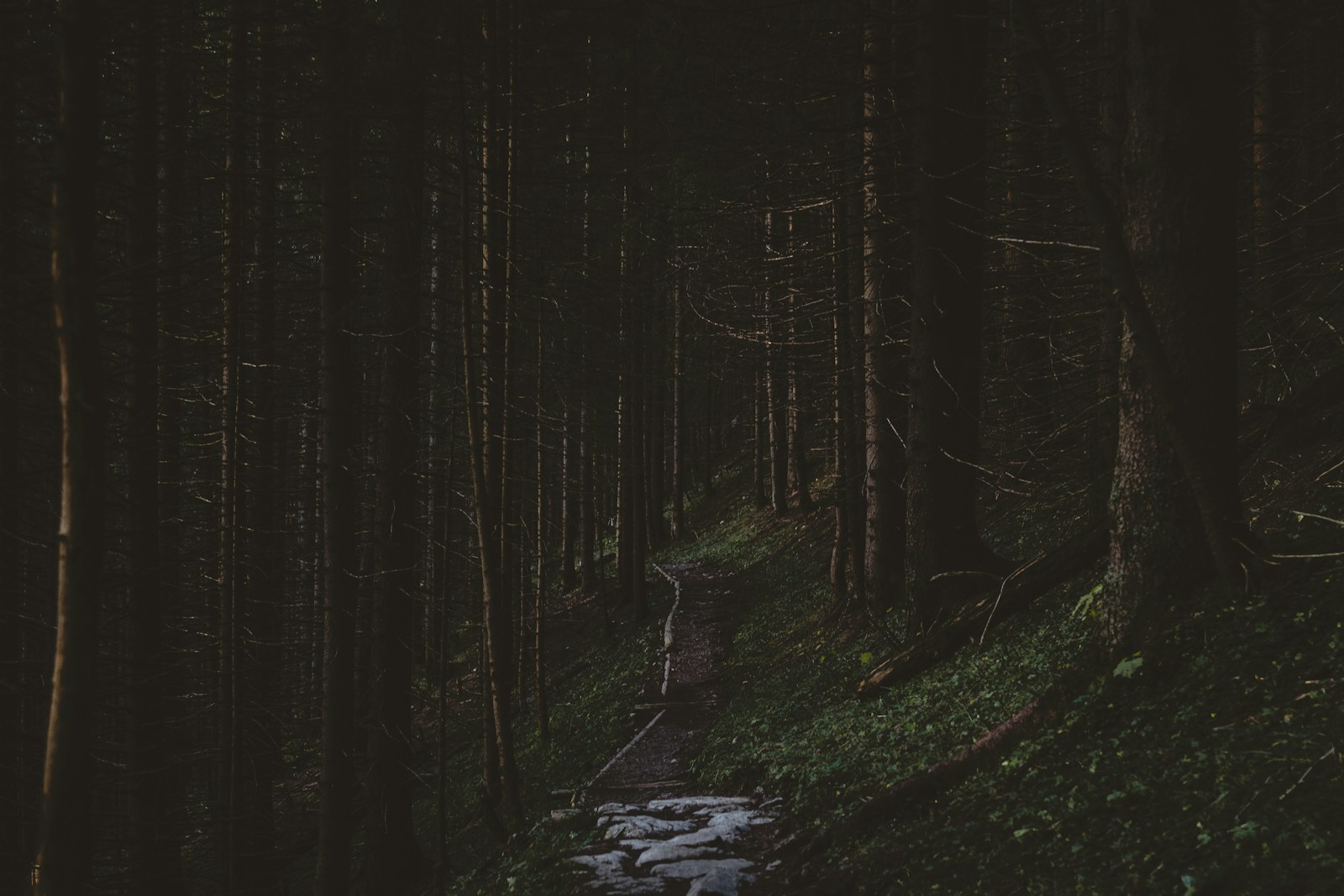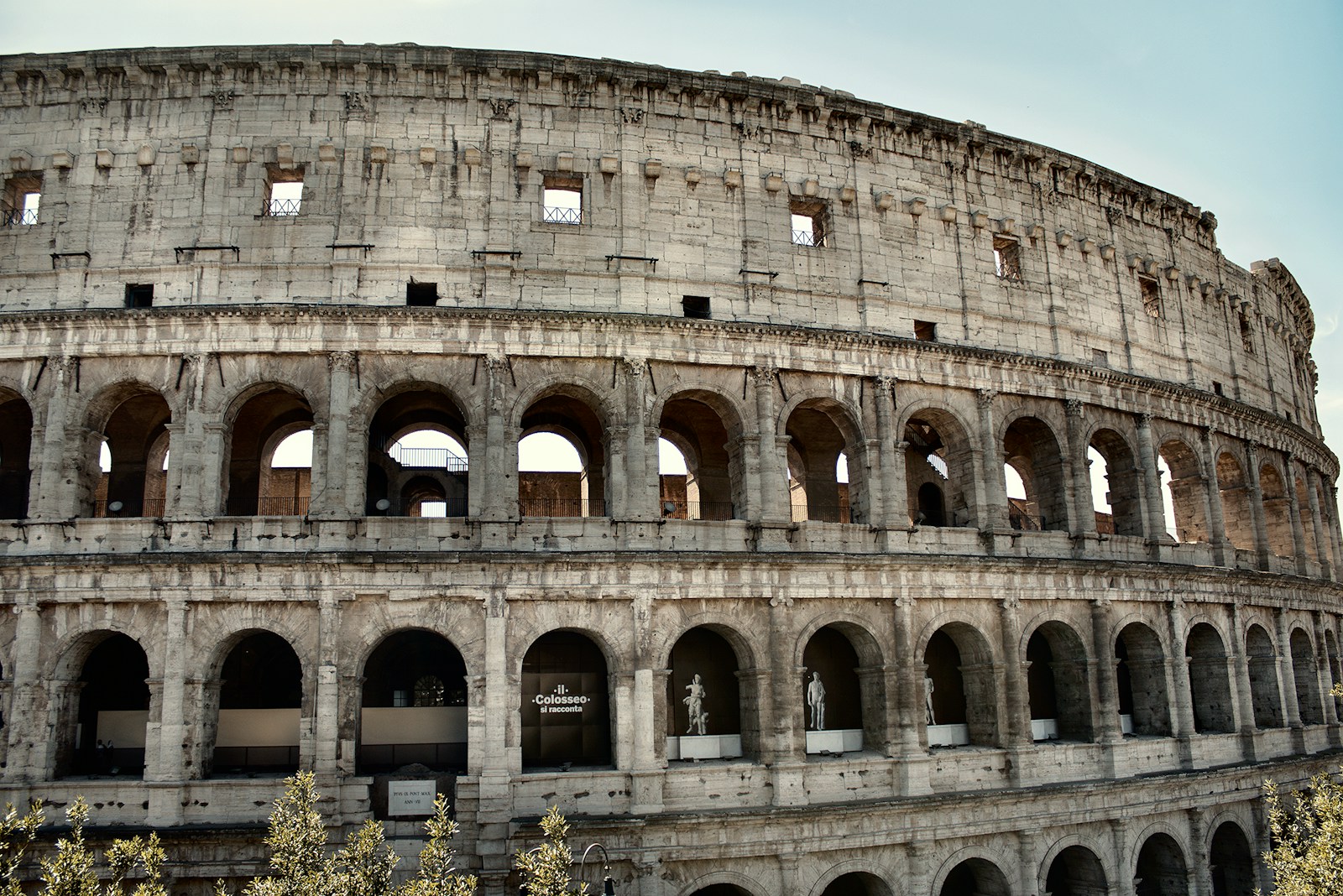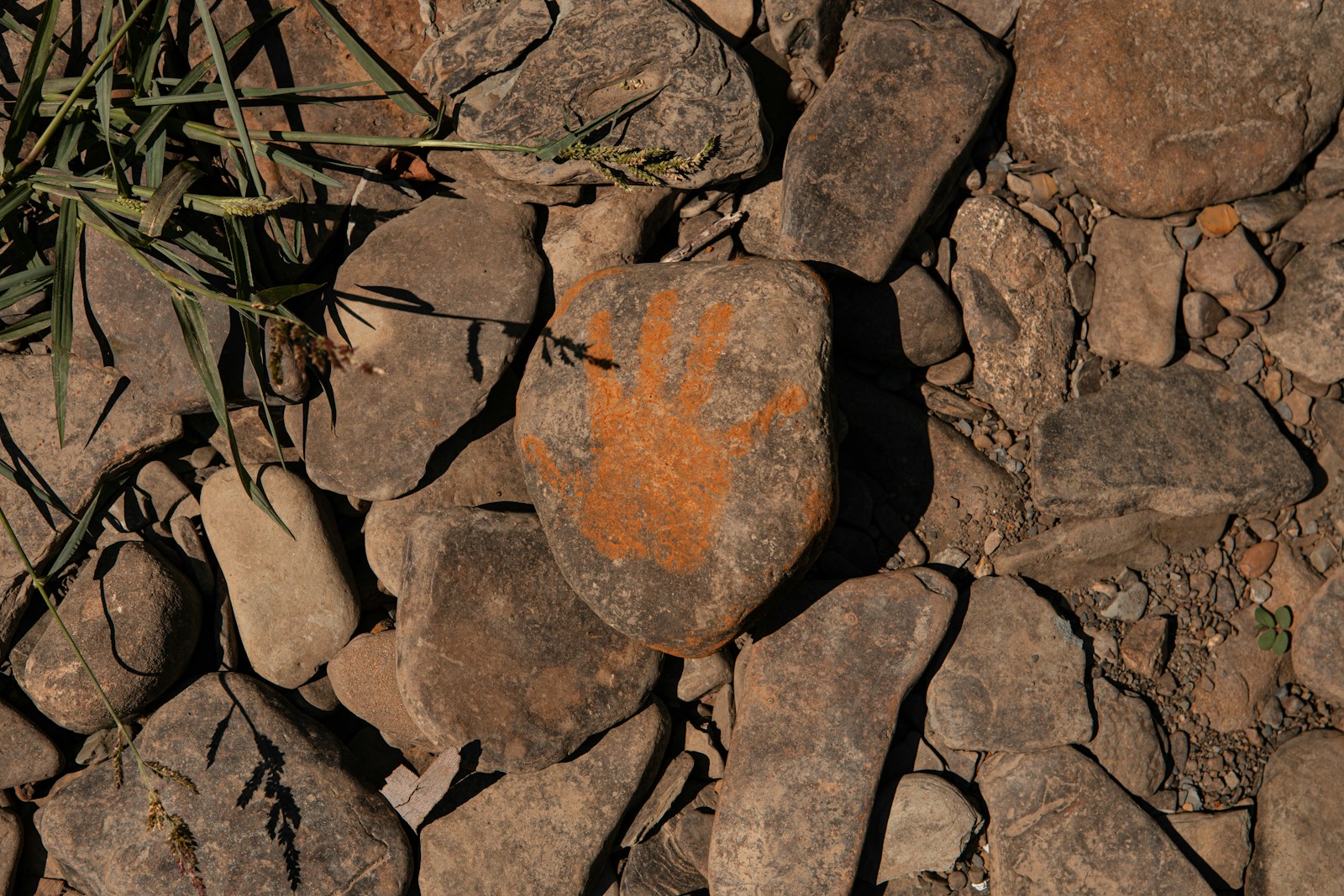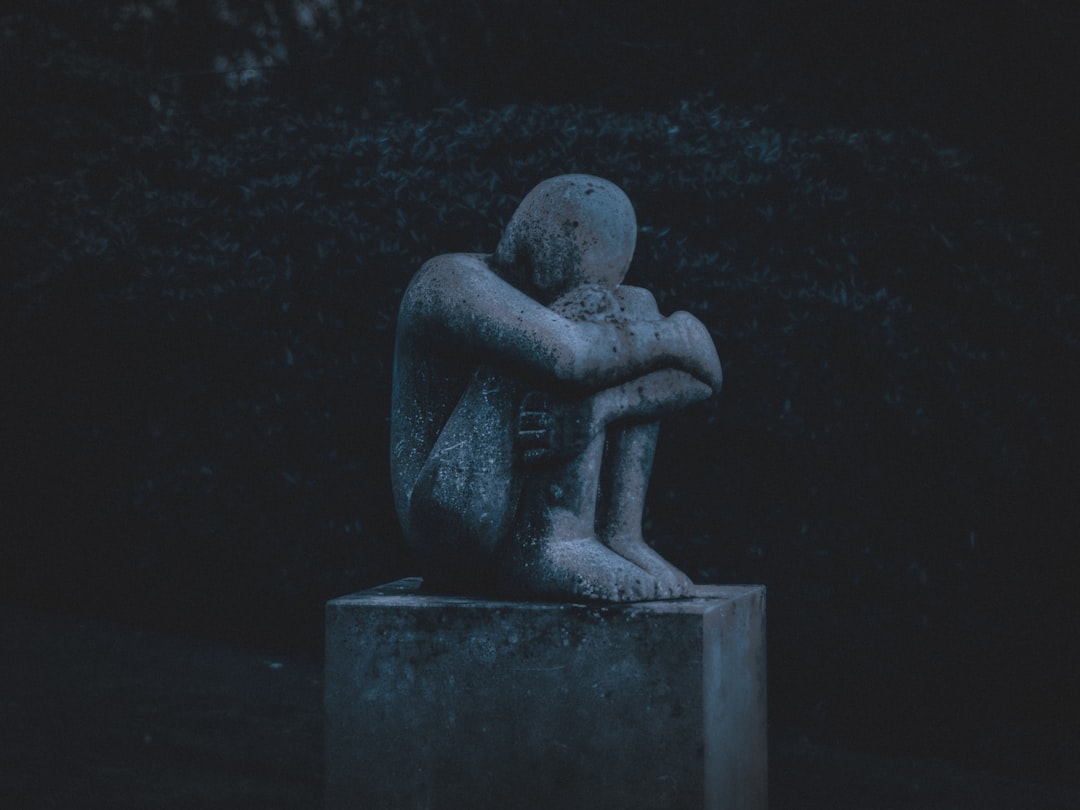
Hospicing Modernity Together
A guided group reading of Vanessa Machado de Oliveira (Andreotti)'s Hospicing Modernity: Facing Humanity's Wrongs and the Implications for Social Activism

A guided group reading of Vanessa Machado de Oliveira (Andreotti)'s Hospicing Modernity: Facing Humanity's Wrongs and the Implications for Social Activism

Darkness — non-metaphorical, the lack of light in the physical world — is an increasingly rare phenomenon, although it certainly feels like we have an abundnace of darnkess in these northern hemisphere winters. Darkness — metaphorical, all the difficult things in the world – is, unfortunately, not an increasingly rare phenomenon. For this call, we’ll focus mostly on the former, but just as it’s crucial to acknowledge the necessity of darkness for the critters and habitats on Earth, it’s neccessary to acknoledge the darkness we feel (gently, of course — we don’t need to dive too deep into the darkness of the world). What lessons can we and, whether we want to or not, must we learn from darkness, physical and metaphorical? On this call, we'll figure a bit of that out together.

"Good things come to those who wait." “Patience is a virtue." Perhaps, but at the very least we all have experienced the necessary practice of patience in our own lives. On our final call of this shortened cycle, we'll convene around the practice and lessons of patience, which can feel especially challenging when we feel so much urgency.

A guided group reading of Vanessa Machado de Oliveira (Andreotti)'s Hospicing Modernity: Facing Humanity's Wrongs and the Implications for Social Activism

A guided group reading of Vanessa Machado de Oliveira (Andreotti)'s Hospicing Modernity: Facing Humanity's Wrongs and the Implications for Social Activism

Humans are offered – forced into, really – relatively few roles and identities in modernity. On this first call, we’ll unpack how we’ve been made to live as conquerers, occupiers, Homo colossus, separated from and domineering over the living world. Our population, our consumption, and the myths we've been offered all inform this role we can choose to resist.

A guided group reading of Vanessa Machado de Oliveira (Andreotti)'s Hospicing Modernity: Facing Humanity's Wrongs and the Implications for Social Activism

What is our place in the world? What should it be? What do we have to offer Earth and her living and non-living (so far as we think we know) communities? We regulary see appeals to the privilge or necessity of humans as stewards of the Earth. But what do these claims imply — ownership, power over, posession? Are we above the Earth, separate from her, as her managers? Where does our stewardship lead — or, how do we choose to make decisions as stewards? Do we choose what’s best for all beings, or do we consciously or unconsciously shape the world for our specific benefit? The idea of being a steward does get at an important point of course: we can and should have a role in co-creating an abundant, diverse living world. Could we do that as stewards? Or perhaps it’s better to imagine ourselves as siblings or neighbors, a more horizontal relationship with all other non-human members of the living world.

Good Grief is a group exploration of our collective grief through the frameworks of Francis Weller's Five Gates of Grief (The Wild Edge of Sorrow). Inspired by our EcoGathering on Grieving during the autumnal Composting series in 2024 and an increasing urgency to process the compounding loss we experience as the continuation of modernity relies on genocide, ecocide, omnicide and fascism's impingement on our basic rights and liberties, we will hold space to tend to the complex and often unaddressed grief that accompanies these losses and expand our emotional capacity for collective grieving as a skill for navigating uncertain futures.

A guided group reading of Vanessa Machado de Oliveira (Andreotti)'s Hospicing Modernity: Facing Humanity's Wrongs and the Implications for Social Activism